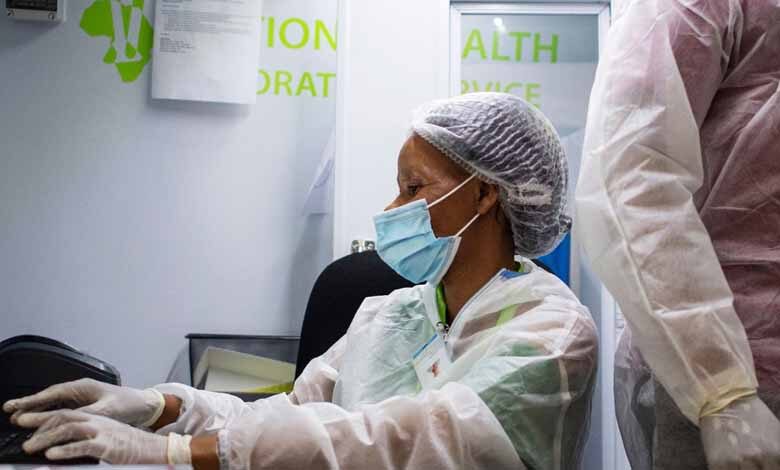The South African COVID-19 strain caused worries about the efficacy of the new vaccines

ITV’s political editor related on Monday, quoting an unidentified scientific adviser to the British government that Scientists are not completely confident that COVID-19 vaccines would work on a new variant of the coronavirus found in South Africa.
Indeed, Britain and South Africa have discovered new, more infectious variants in the coronavirus in recent weeks that have provoked increased cases. British Health Secretary, Matt Hancock, stated that he was currently anxious about the strain found in South Africa on Monday.
ITV political editor Robert Peston indicated that according to one of the government’s scientific advisers, the reason for Matt Hancock’s ‘incredible worry’ about the South African COVID-19 variant is that they are not as confident the vaccines will be as effective against it as they are for the UK’s variant. While the health ministry and Public Health England did not instantly respond to demands for comment about the report.
Moreover, Scientists including BioNTech CEO Ugur Sahin and John Bell, Regius Professor of Medicine at the University of Oxford, related that they tested the vaccines on the new variants and declares that they could make any required changes in around six weeks.
The world’s richest countries began the vaccination of their populations to fight against a virus that has killed 1.8 million people and ruined the global economy. There are actually 60 vaccine candidates in trials, including those already being distributed from AstraZeneca and Oxford, Pfizer and BioNTech, Moderna, Russia’s Sputnik V, and China’s Sinopharm.
The new vaccines helped to boost global financial markets; however, the discovery of the new variants has induced more worry.
Otherwise, scientists declare that the new South African variant contains many mutations in the important spike protein that the virus uses to infect human cells. It has also been associated with a higher viral load, meaning a higher concentration of virus particles in patients’ bodies, possibly contributing to higher levels of transmission.
On his part, Oxford’s Bell, who advises the government’s vaccine task force, reported on Sunday that he supposed that vaccines would work on the British variant but said there was a big question mark as to whether they would work on the South African variant. He also informed Times Radio that the shots could be adapted and it might take a month or six weeks to get a new vaccine.
Whereas, BioNTech’s Sahin informed Spiegel in an interview published on Friday that their vaccine, which uses messenger RNA to instruct the human immune system to fight the coronavirus, should be able to cope with the variant first detected in Britain, adding: We are testing whether our vaccine can also neutralize this variant and will soon know more.
When he asked about coping with a strong mutation, he answered that it would be possible to tweak the vaccine as required within six weeks, though it might require additional regulatory approvals.












